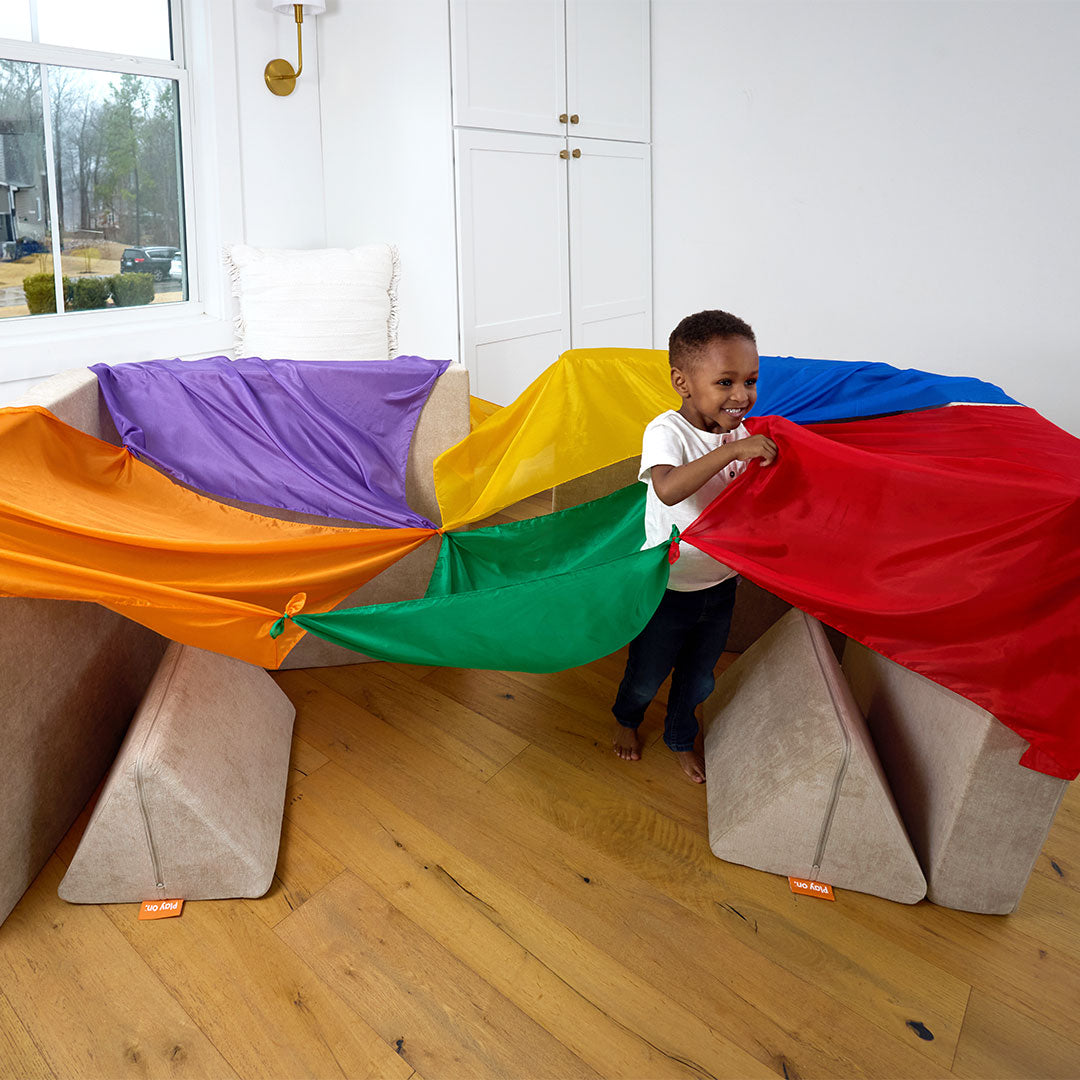Let's Set Our Sights on Ensuring Black Futures

Editor’s Note: This February, Nugget is highlighting the issue of Black maternal health, amplifying the voices of on-the-ground experts, and raising funds to support change to ensure Black Futures filled with play, joy, and potential.
To kick off our Black Futures focus in February, we’ve invited Jessica Diggs as a guest blogger to share more about the challenges facing Black birthing people throughout pregnancy and beyond. Jessica is a licensed midwife and educator based out of LA who offers midwifery care, reproductive health education, and doula training.

This year, as we move through Black History Month learning and teaching our children about all the cultural contributions from Black people, let’s also set our sights on ensuring Black futures. You may be preparing to teach your child about Serena Williams, the Black tennis player with the most major title wins among all tennis players (male or female). Or maybe you will be dancing with them to a few hits by Beyoncé as you share all of her record-breaking moments in music history.
As you mention them, remember to share that these two Black women (among the greatest and wealthiest of our time) both almost died during childbirth. Countless other Black women, less famous but equally as important, have died due to preventable pregnancy-related causes.

Today, Black birthing people are three to four times more likely to die from pregnancy-related complications. Black infants are two to three times more likely to die within the first year of life. The majority of these outcomes are absolutely preventable.
Individualized racism, structural racism, and racial bias continue to contribute to these birth disparities and numerous other health disparities. If you are a Black parent reading this, you are likely not surprised. You may even know someone who has experienced a negative birth outcome directly linked to how they were treated during pregnancy or the postpartum period. Please take a pause and a slow deep breath!
If you are a non-Black parent, you may have clarifying questions: "Why is there a focus on race?" "What about socioeconomic factors?"
 Our current legacy as a country is systemic racism and it is leaving our children without parents. I say "our" to denote how interconnected we are and to preface the collective action it will take to move beyond this current crisis. Racism has been the root of why Black bodies have been disrespected, abused, and experimented on. Although we are no longer living in segregated America or without basic civil rights, the biases that contributed to that history still exist and reinforce today’s inequities. Despite socioeconomic status, the statistics do not improve. In fact, Black women with at least a college degree are 5 times more likely than white counterparts to die due to perinatal (birth or postpartum) complications.
Our current legacy as a country is systemic racism and it is leaving our children without parents. I say "our" to denote how interconnected we are and to preface the collective action it will take to move beyond this current crisis. Racism has been the root of why Black bodies have been disrespected, abused, and experimented on. Although we are no longer living in segregated America or without basic civil rights, the biases that contributed to that history still exist and reinforce today’s inequities. Despite socioeconomic status, the statistics do not improve. In fact, Black women with at least a college degree are 5 times more likely than white counterparts to die due to perinatal (birth or postpartum) complications.
Inequities can take many forms, including: a doctor not believing a Black woman when she reports her symptoms, stress from experiencing racism leading to an increased risk of high blood pressure, or lack of federal Paid Family Leave correlating to higher Black infant mortality rates. Sadly, this history and the reality of the current climate leave many Black families in fear throughout their pregnancy and postpartum experience.


Many companies and grassroots organizations have begun to address this health crisis through anti-racist education, direct patient care, or helping to address unmet socioeconomic needs that exacerbate the inequity. I’m excited that our new Vice President, Kamala Harris, has also sponsored a bill to improve the country’s higher-than-average maternal mortality rates.
As groundbreaking as having a Black and Indian-American female Vice President may be, parents, you are the most influential to your children. Checking your biases, prioritizing kindness, and teaching cultural humility will have the biggest impact on creating a different future for all families.
Jessica Diggs is also an Education Lead at LOOM, a health education platform bringing a fresh experience to sexual and reproductive health. Their pregnancy and postpartum classes will be available soon through their beta launch.






















